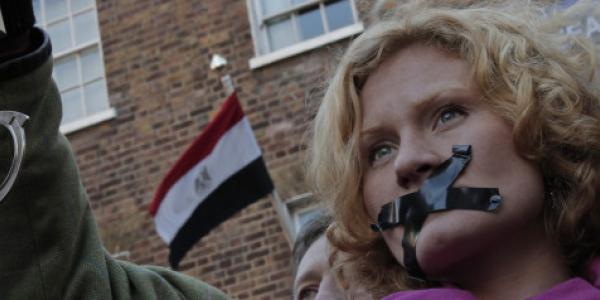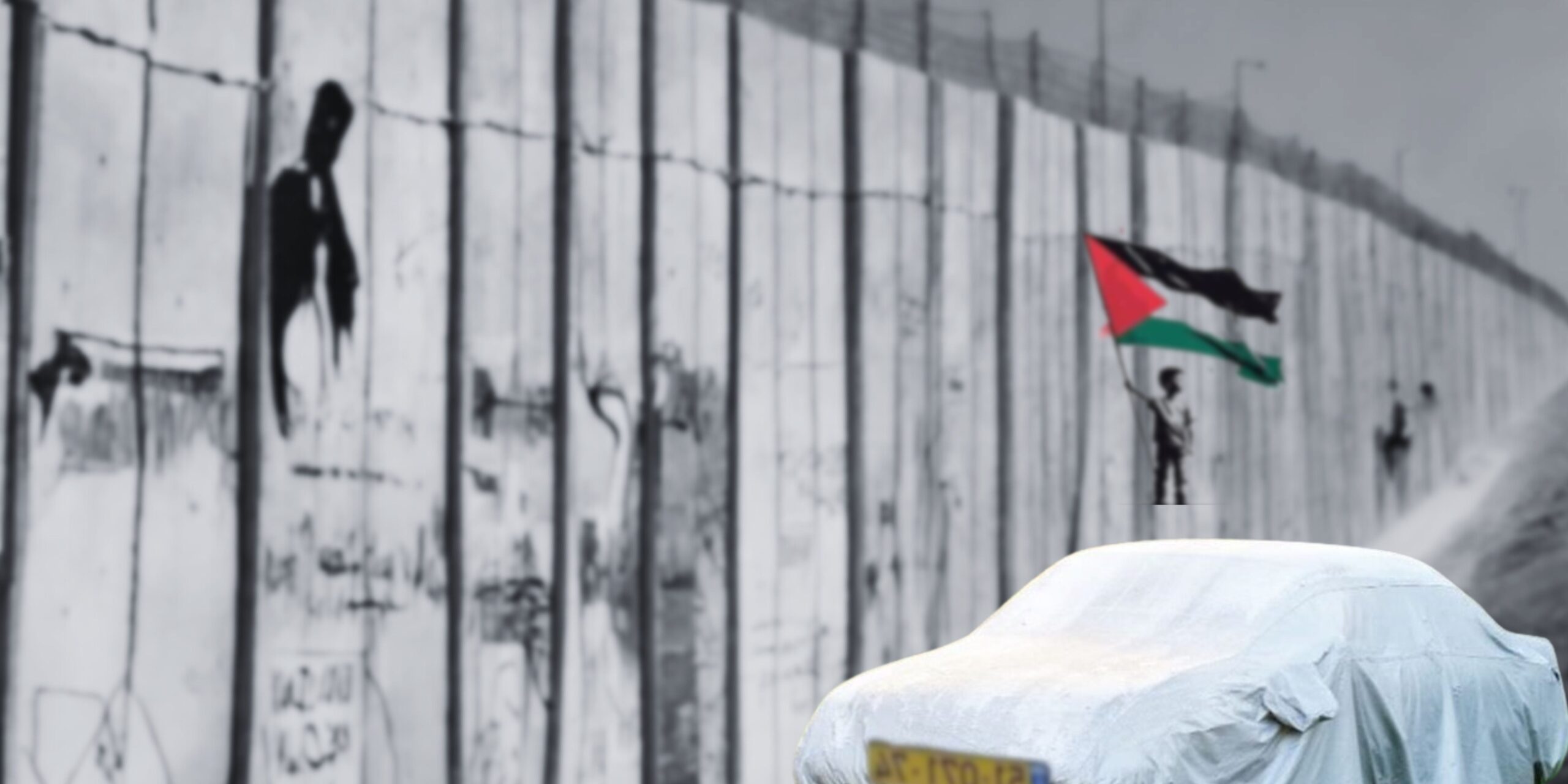Huffington Post– In today’s Arab world people are cowed, frightened and living under increasing repression.
The press is frightened too.
How could it be otherwise in a region where an alliance of governments, private media businesses and the ordinary public has set itself against dissenting voices, portrayed increasingly as a threat to state security?
Those fears and divisions were in full view at the latest conference of Arab investigative journalists and editors in Amman, Jordan.
When a Jordanian speaker decried shrinking media freedoms and growing online censorship, the host of a leading radio show lambasted conference organizers for harming Jordan’s reputation.
The Egyptians were no better.
They fought over music. When the DJ at the gala dinner unwittingly played a song used in President Al-Sisi’s election campaign, many Egyptian reporters simply walked out in protest.
How ironic that a conference entitled: “Arab media — the battle for independence” should have done so much to highlight the glaring divisions in the Arab world — and apparently so little to solve them!
As the event ended, a Cairo talk-show host expressed dismay over speeches and discussions that he considered over-critical of Egypt’s systematic crackdown on free speech — one of the very same journalists who so gleefully exposed the wrong-doings of their last president, Mohamed Morsi, and are now refusing to rock what they claim is the only boat left.
Even in Tunisia, regarded as the most successful of the Arab uprisings, journalists now worry that the winning party in the country’s parliamentary elections — including several key members from the old dictatorship — will roll back free speech after the formation of a new government, in line with a trend sweeping much of the region.
When will the world wake up to this? Press freedoms in the Arab world are dying by the hour and so is free speech, heralding a new era of ignorance, intolerance and repression.
And the response from most Western governments is silence.
Saddest of all, the majority of Arabs — who saw free speech as the only gain from the Arab Spring upheavals — now seem willing to accept the loss of this universal human right, in return for vague promises of stability and economic prosperity.
Security, not democracy, is now the top priority for a critical mass of Arabs. Gone are the popular slogans of the past four years: social justice, rule of law, ending endemic corruption, democratic values, the right to information and professional media.
It may be generations before independent voices are heard again in the Arab world.
So has journalism in the region become an impossible job?
In many ways, yes!
Reporters, writers and academics who challenge the official narrative, face censorship, arbitrary trials, and violence. Many journalists have given up the struggle for a mix of reasons: out of fear, or an opportunistic desire to please the new rulers in return for personal gain.
This trend has been most visible in Egypt, now the third most dangerous country for journalists after Syria and Iraq.
An upsurge in domestic terrorism has strengthened Cairo’s argument for a crackdown on the press and human rights — but the measure has broad public support.
Days after more than 30 soldiers were killed in two militant attacks in Sinai, editors of 17 state and privately-owned media were encouraged to pledge support for the government’s anti-terrorism policies and banned criticism of the police, army and the judiciary in their publications and news broadcasts.
Surprisingly, though, they didn’t have it all their own way. In response, some 600 Egyptian journalists used online social media to reject their editors’ position and protest against further censorship.
But still, the intimidation goes on.
Jordan, like most Gulf Arab states, is embracing a “zero-tolerance” policy towards anyone opposing its involvement in the U.S.-led coalition against the Islamic state of Iraq and Syria (ISIS).
In the last few days, police arrested the deputy head of the country’s Muslim Brotherhood for criticizing the UAE’s decision to name the movement and its local affiliates a “terrorist group”.
Those who do no more than press the “like” button on the Facebook pages of Jihadi groups, risk trials for supporting “terror groups”.
Police have now asked the Jordanian media not to report on their affairs without seeking prior permission, in line with a similar request by the army.
It’s not difficult to see which direction we’re headed.
Against this gloomy background, a few brave journalists who attended the Jordan conference have made it clear they will continue speaking truth to those in positions of power and hold them accountable for their actions. As one said: “We chose to be society’s watchdogs, we know we are operating in one of the world’s most dangerous regions but we will not give up the fight for independent media and for the public’s right to know.”
For as long as we can, we too will insist on that very same right.
The writer, a career journalist, is ARIJ Executive Director. ARIJ is the region’s leading non- profit organization, spreading a culture of investigative reporting inside newsrooms and media faculties in nine Arab states: Jordan, Syria, Lebanon, Egypt, Palestine, Iraq, Yemen, Tunisia and Bahrain. It is funded by SIDA, IMS, DANIDA, OSF and the Norwegian Foreign Ministry.








